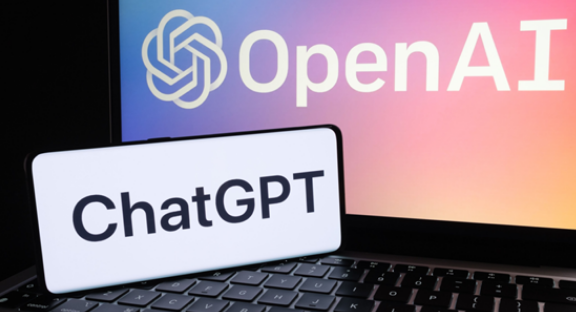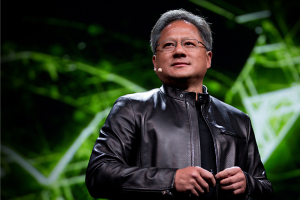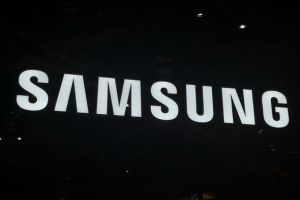June 19, 2025 – In the latest episode of OpenAI’s podcast released today, CEO Sam Altman revealed that GPT-5 is anticipated to launch this summer, marking a significant leap in the company’s generative AI capabilities. However, a precise release date remains unconfirmed.
According to Business Insider, GPT-5 is set to outperform its predecessor, GPT-4, by a considerable margin. Early testers have reported notable advancements across various dimensions.
OpenAI’s primary revenue stream currently stems from enterprise clients purchasing enhanced versions of ChatGPT. GPT-5 is poised to be a pivotal product in driving the company’s sustained growth trajectory.
During the podcast, Altman also touched upon the possibility of integrating ads into ChatGPT. He expressed that he was “not entirely opposed” to the idea, a move that could potentially reshape the product’s revenue model.

Nevertheless, he emphasized the need for utmost caution in implementing such a strategy. While users of social media and search engines are accustomed to ad-supported platforms, Altman warned that compromising AI outputs due to advertiser influence could severely erode user trust.
He suggested that ads could be positioned outside the model-generated content, such as in the sidebar or at the bottom of the page. However, he refrained from specifying the exact ad formats or placement details. “This initiative must be highly compelling, ensuring users find the ads genuinely helpful and that they don’t interfere with the large language model’s outputs,” Altman stated.
Meanwhile, as OpenAI advances GPT-5 and explores revenue-generating strategies, it is also grappling with legal challenges and user privacy concerns.
In a copyright infringement lawsuit filed by The New York Times, the court ruled that OpenAI must retain all ChatGPT output logs, even if users request deletion or privacy regulations dictate otherwise. Currently, OpenAI’s policy is to retain chat content for 30 days after user deletion before purging it. The company intends to appeal the ruling.
In response, Altman asserted during the podcast that ChatGPT stores a vast amount of sensitive information. “Privacy should be a fundamental principle in AI usage. The New York Times’ demands have crossed a serious line,” he remarked.












